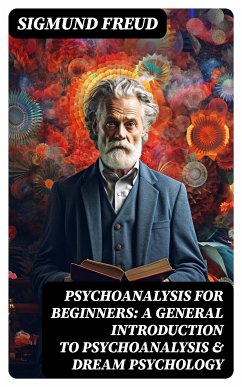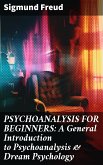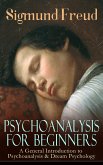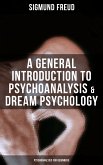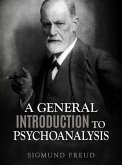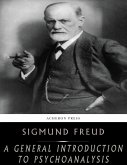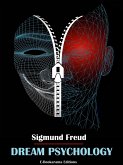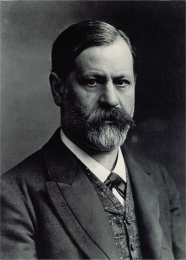In "Psychoanalysis for Beginners: A General Introduction to Psychoanalysis & Dream Psychology," Sigmund Freud lays the foundational principles of his revolutionary psychological theories, exploring the intricate workings of the unconscious mind, the significance of dreams, and the human psyche's inherent conflicts. Written in an accessible style, this introductory text demystifies complex concepts while situating them within the broader context of early 20th-century psychology. Freud employs vivid case studies and clear explanations, articulating the mechanisms of repression, transference, and the interpretation of dreams as pathways to understanding human behavior and emotions. Sigmund Freud, an Austrian neurologist and the father of psychoanalysis, developed his theories against the backdrop of a rapidly changing European intellectual landscape. His background in neurology and his fascination with the human mind propelled him to explore phenomena that traditional psychology could not adequately address. Freud's work emerged from his experiences with patients suffering from neuroses, leading him to propose that underlying psychological issues are often rooted in unresolved conflicts from childhood-a concept that would shape modern psychological thought. "Psychoanalysis for Beginners" is an essential read for anyone interested in understanding the complexities of the human mind. Freud's masterful blend of scholarly insight and relatable examples makes this work not only informative but an engaging journey into the hearts and minds of individuals. Readers will gain an invaluable perspective on the foundational ideas that heavily influenced psychology, literature, and the arts throughout the 20th century.
Dieser Download kann aus rechtlichen Gründen nur mit Rechnungsadresse in A, B, BG, CY, CZ, D, DK, EW, E, FIN, F, GR, H, IRL, I, LT, L, LR, M, NL, PL, P, R, S, SLO, SK ausgeliefert werden.

